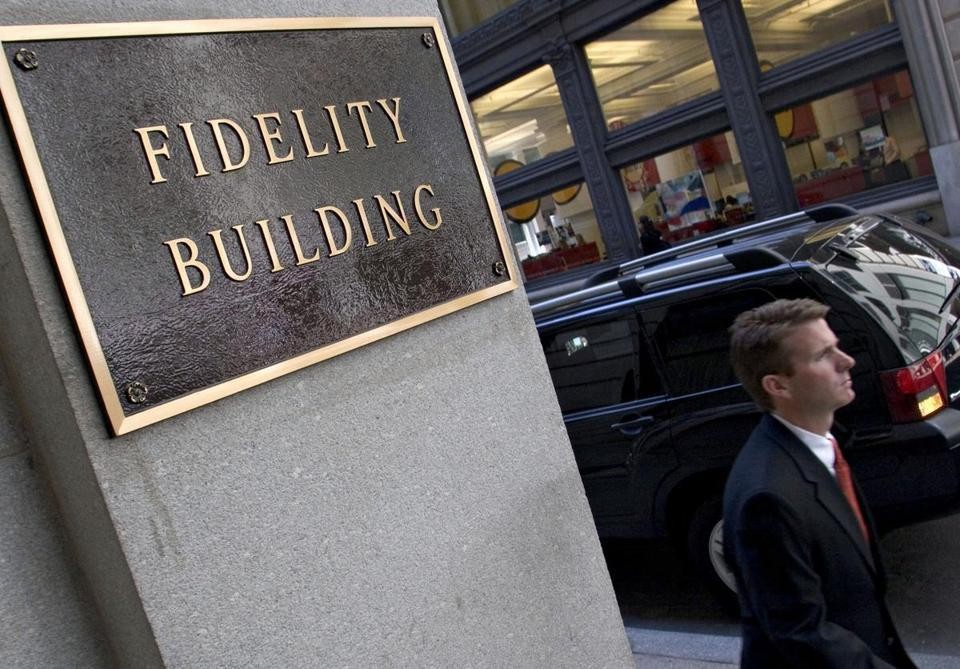Moneymarket funds Running from the shadows
Post on: 28 Апрель, 2015 No Comment

Add this article to your reading list by clicking this button
THE day after Lehman Brothers went bust on September 15th 2008, America’s oldest money-market mutual fund declared that investors could no longer redeem shares at the customary $1 each. In “breaking the buck”, Reserve Primary Fund became the most prominent part of a broader panic that saw investors pull billions from other money-market funds, a major source of short-term lending to banks and companies. The Treasury was forced to offer a blanket guarantee.
Money-market funds are the quintessential “shadow banks”: companies that mediate between savers and borrowers, just as banks do, but without the government guarantees or oversight of banks. In America these funds, unlike most mutual funds, may amortise their investments so as to round their net asset value (NAV) to a stable $1 per share. They also offer cheque-writing privileges. That encourages investors to treat them as deposits. But if a fall in a fund’s assets threatens its stable NAV, investors will rush to redeem shares, as happened to Reserve Primary Fund, which had about 1% of its $62 billion in assets in Lehman debt.
Between 1989 and 2003 there were 144 instances when an American fund needed financial support to maintain its NAV of $1. The founder of Reserve Primary Fund, Bruce Bent senior, and his son, Bruce Bent junior, at first said they intended to support it. On November 12th a jury in New York cleared them of charges of fraud in connection with those statements, but held their management company liable for fraud. Mr Bent junior and the firm were each found liable for one claim of negligence.
In this section
Reserve Primary Fund was only the second fund (and by far the most important) ever to break the buck. Ultimately, shareholders recovered 99 cents on the dollar. That so slight a loss in an investment could trigger such chaos explains the anxiety among regulators about the potential threat such funds, deemed 100% safe, still pose to the financial system.
In 2010 America’s Securities and Exchange Commission (SEC) required money-market funds to shorten the duration of their debt, and raise credit quality and liquidity. In August the agency came close to proposing deeper fixes. But facing fierce opposition from the industry as well as from three of the five SEC commissioners, Mary Schapiro, the agency’s chief, withdrew the proposal.
Into the breach stepped America’s new systemic-risk watchdog, the Financial Stability Oversight Council (FSOC), an umbrella group of financial regulators. On November 13th it exercised its new authority under the Dodd-Frank act by proposing much the same fixes the SEC had put forward: funds could float their net asset value, rather than set it at $1 per share, to remind investors that their capital is at risk; or large investors would have to wait 30 days to withdraw some of their money; or funds would have to maintain capital buffers worth 3% of assets. On November 18th the Financial Stability Board, a club of financial regulators from around the world, issued similar recommendations.
Funds don’t like these proposals any more than the SEC’s. The Investment Company Institute, a trade group, says withdrawal limits and capital buffers would raise costs or depress returns, diverting money to other, less-regulated cash-like products. Money-market fund assets have shrunk from $3.8 trillion at the end of 2008 to $2.9 trillion. Rock-bottom interest rates have made it hard for funds to cover costs and compete with insured bank deposits.
A floating NAV could complicate tax planning by triggering capital gains and losses with each purchase or sale. It would not necessarily stem runs; investors may be as complacent about an asset that barely fluctuates as they are about one that never does. Ultra-short funds, which invest in short-term bonds and have floating NAVs, experienced significant outflows in 2008.
The FSOC invited the industry to submit its own solutions. In the meantime, it will ask the SEC to adopt its recommendations. Should it refuse, the FSOC could implement them with other powers. One option that’s clearly off the table is another Treasury guarantee like that in 2008: Congress has since outlawed it.














